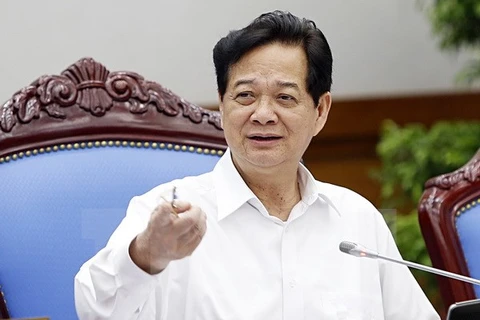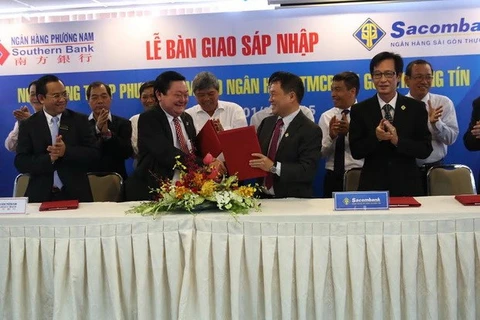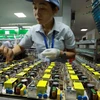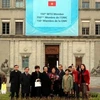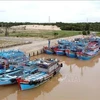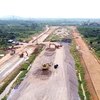The banking system is racing against time as its major restructuring enters its last phase.
It devised a roadmap to restructure credit organisations at the end of 2011, and began implementing the regulations in February 2012. These were the earliest projects under the national economic overhaul.
Following the blueprint, the system has yielded positive outcomes, but the overall pace remains slow and requires drastic moves to meet the deadline.
Earlier this year, State Bank of Vietnam (SBV) Governor Nguyen Van Binh said several merger and acquisition (M&A) deals would take place, including some between healthy banks in order to expand their scale and boost their performance.
In 2015, up to eight banks are expected to join the restructuring process, added Binh.
Consequently, the SBV has taken over all shares in three cash-strapped commercial banks – the Ocean Bank, Vietnam Construction Bank (VNCB) and GPBank – for zero Vietnam dong each. The move was designed to ensure the legal rights and interests of existing depositors.
Excluded from these extensive changes, banks that have performed well are increasing their chartered capital to secure their finances.
The Military Bank boosted chartered capital to 16 trillion VND (717.1 million USD), while SHB and VPBank added approximately 1.6 trillion VND (71.7 million USD) and 1.1 trillion VND (49.3 million USD), respectively.
Mergers between VietinBank and PGBank, as well as BDIV and MHB, resulted in new highs of chartered capital – 40.2 trillion VND (1.8 billion USD) and 31.48 trillion VND (1.41 billion USD), respectively.
Bank for Investment and Development of Vietnam (BIDV) Deputy Director Tran Phuong said the restructuring has been going well thus far. The market is becoming stable and interest rates are decreasing.
Most reform measures have been carried out on a voluntary basis without any State interventions, Phuong said.
He considered this a positive sign. Roughly a year ago, State orders would be necessary to solve these types of problems and would take a long time to assess. Now the parties involved work together without Government input.-VNA


